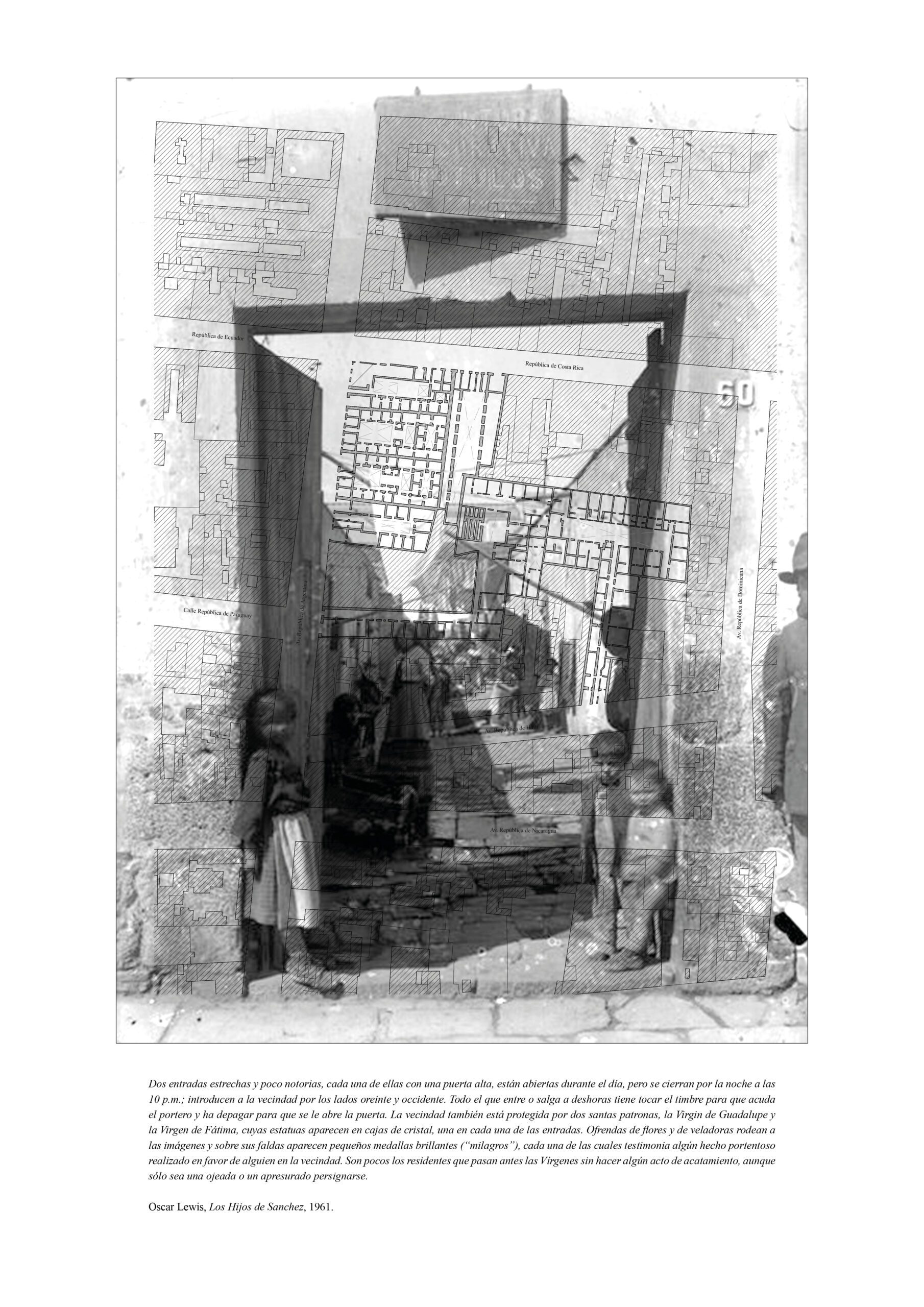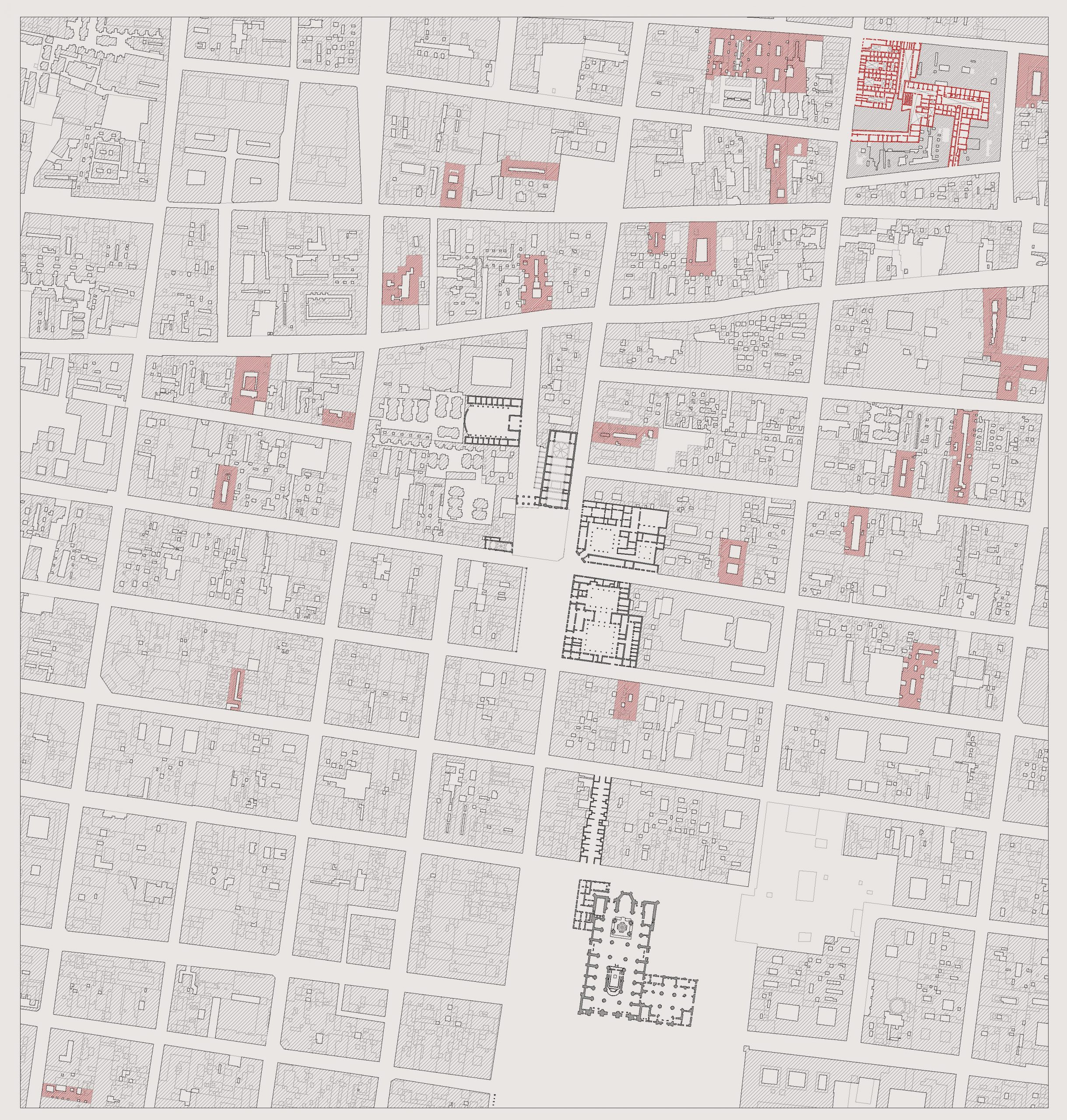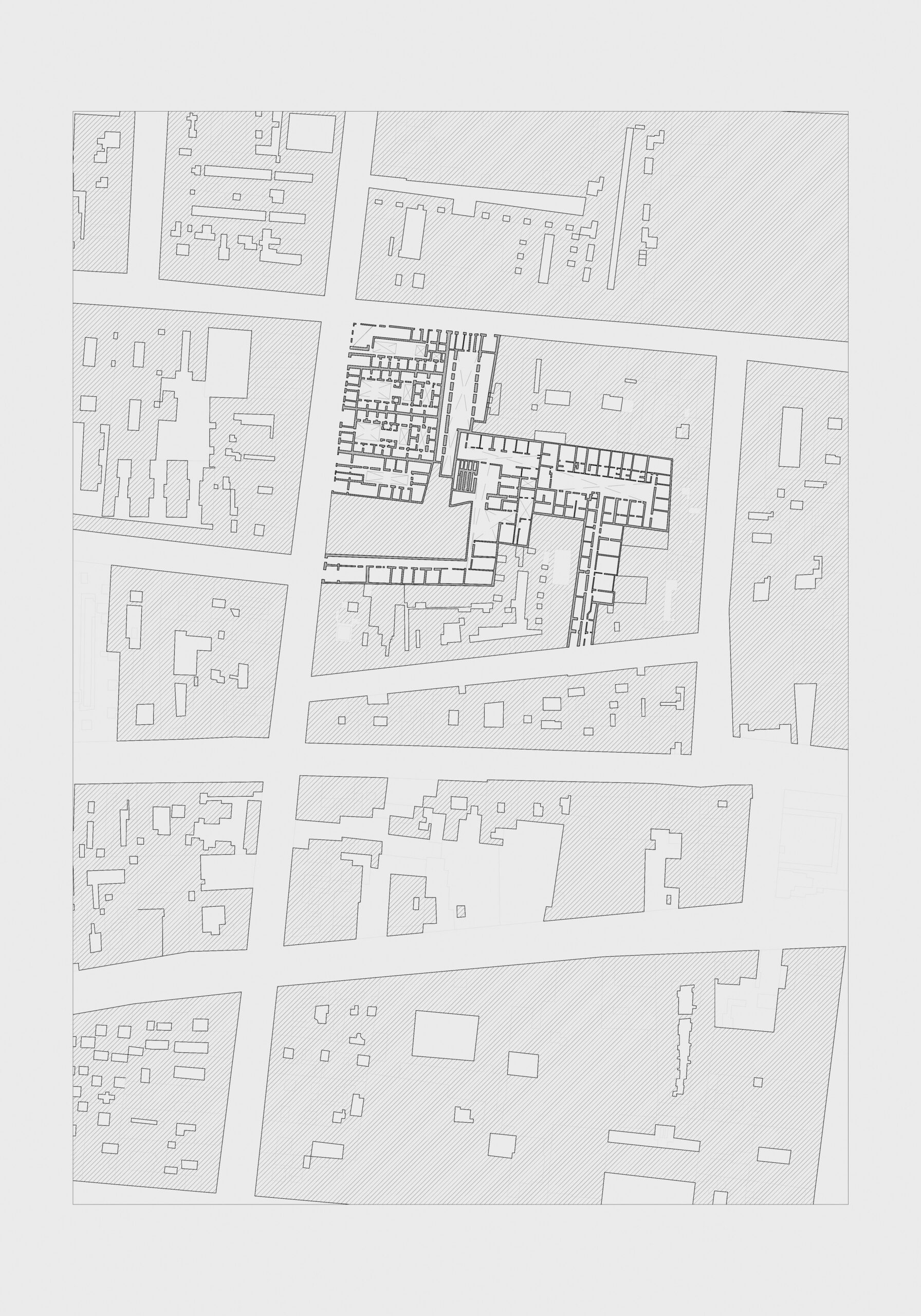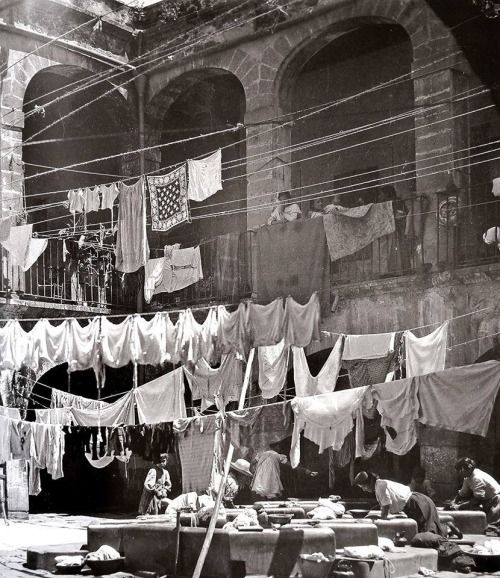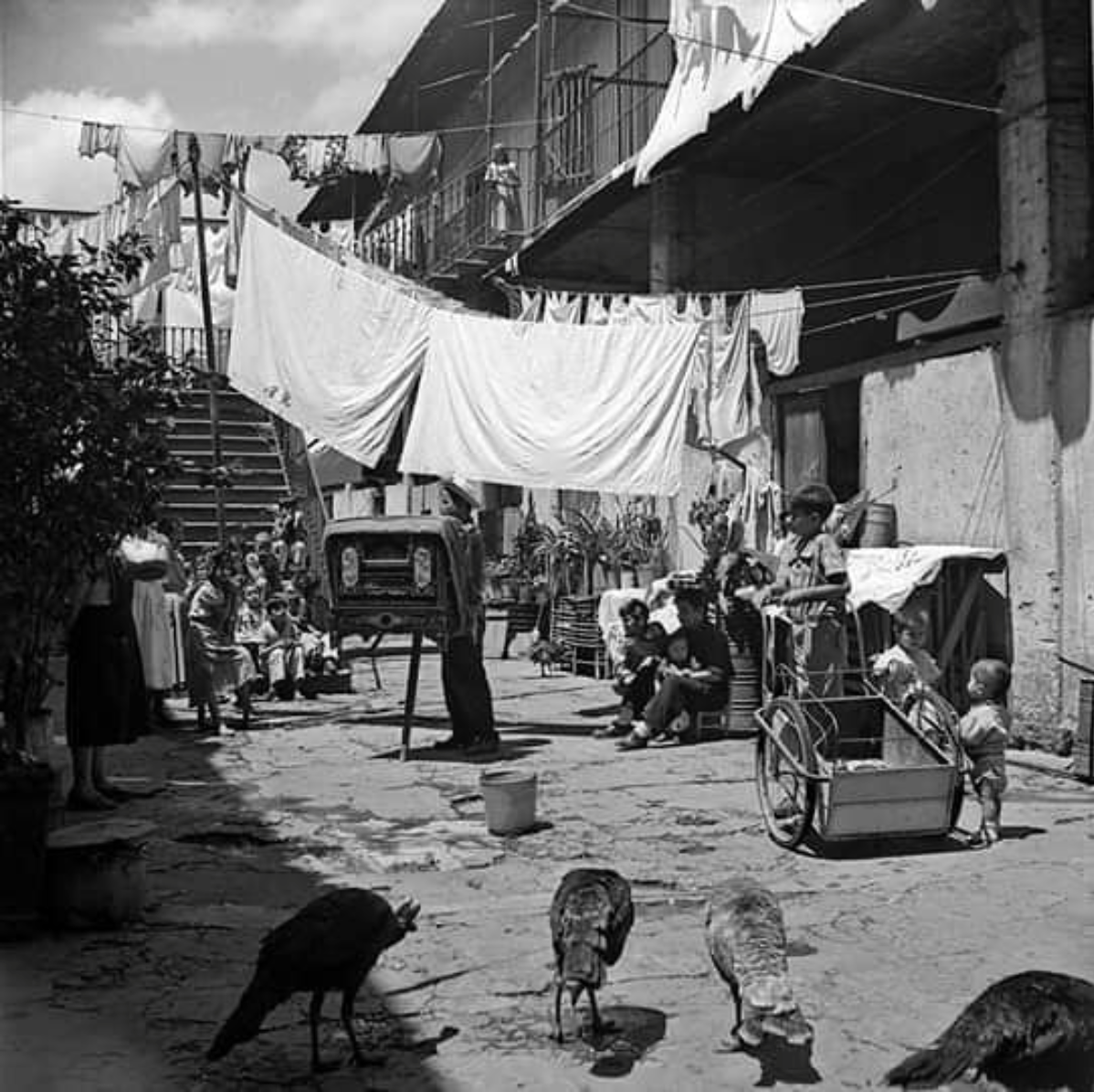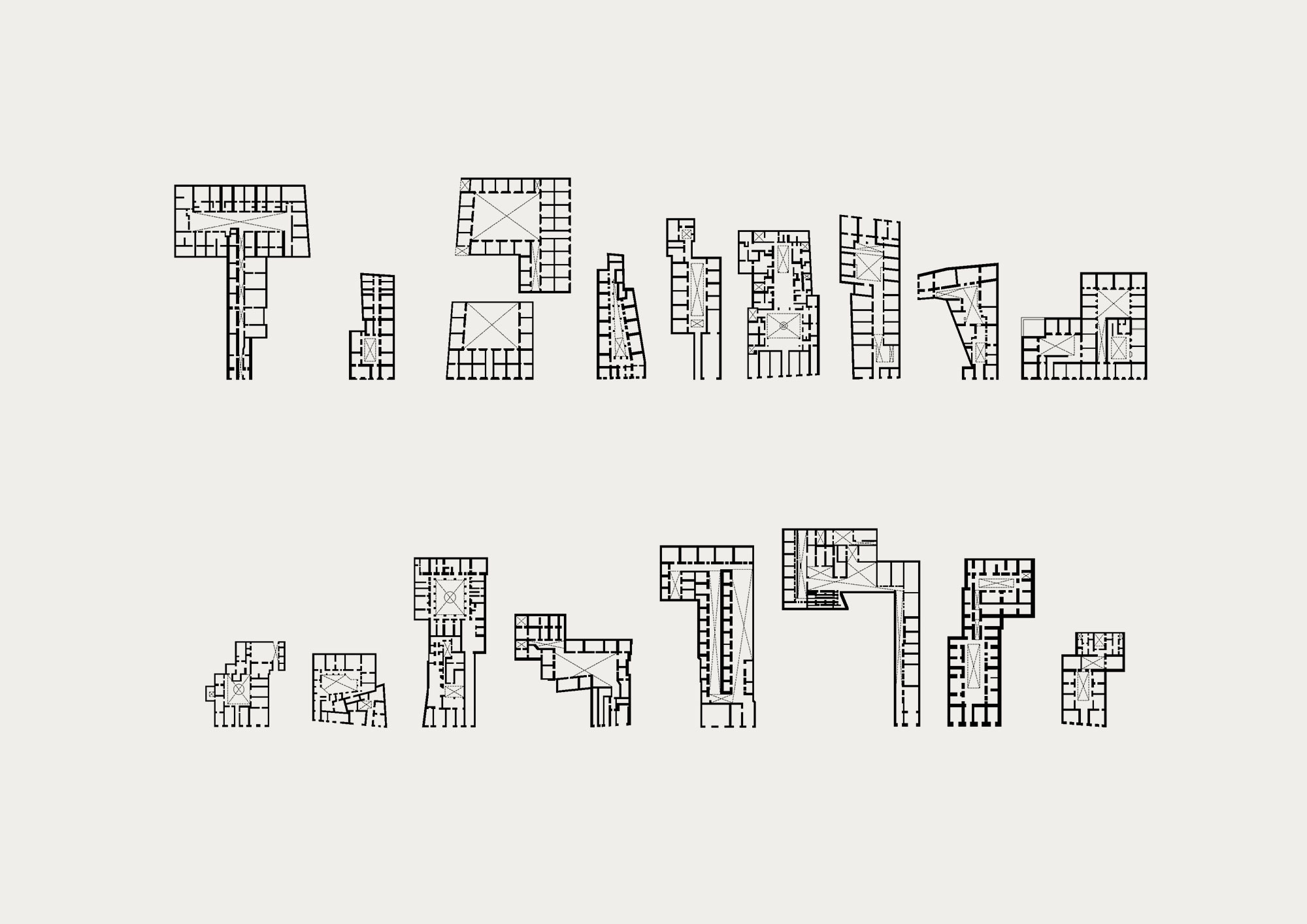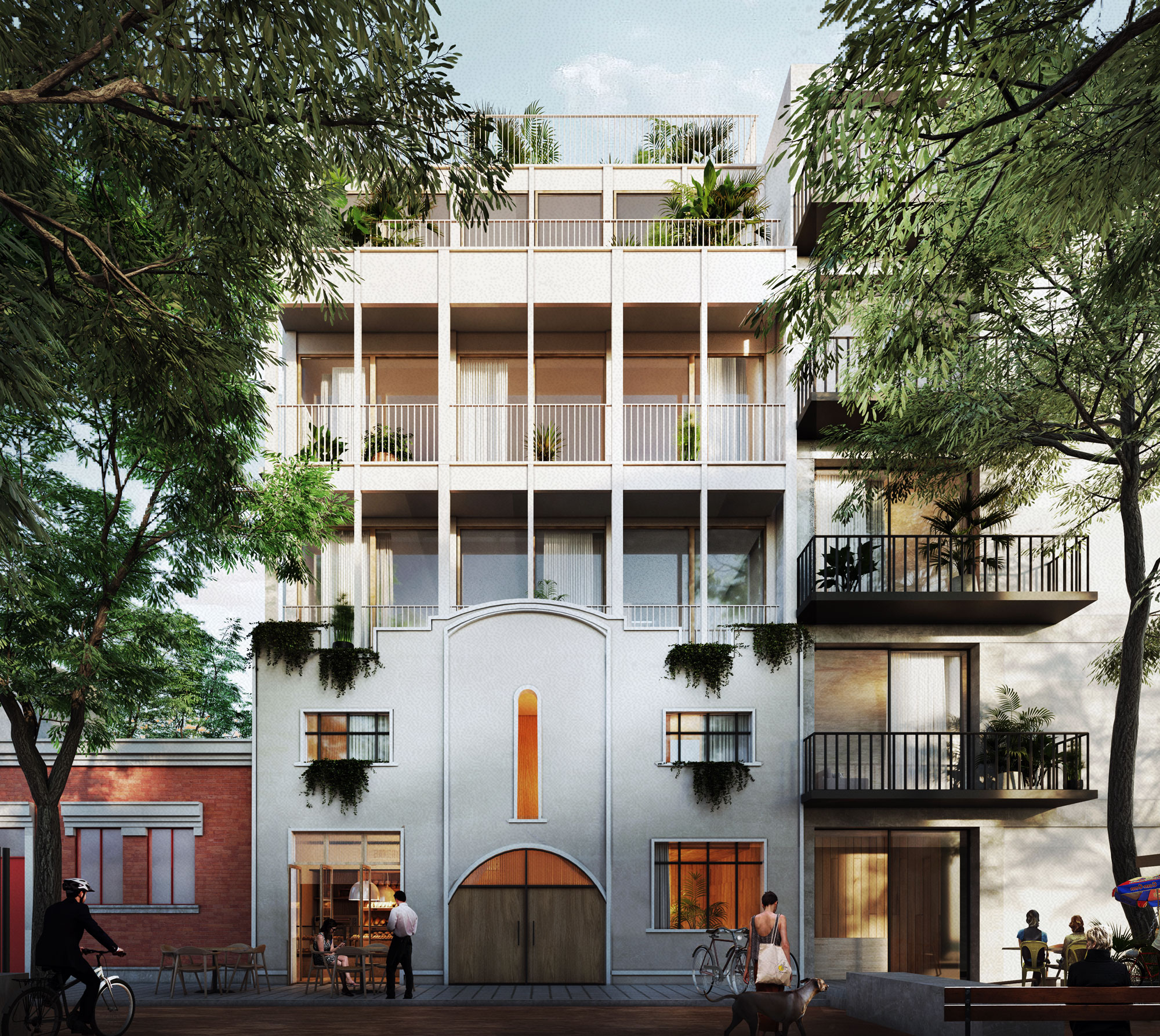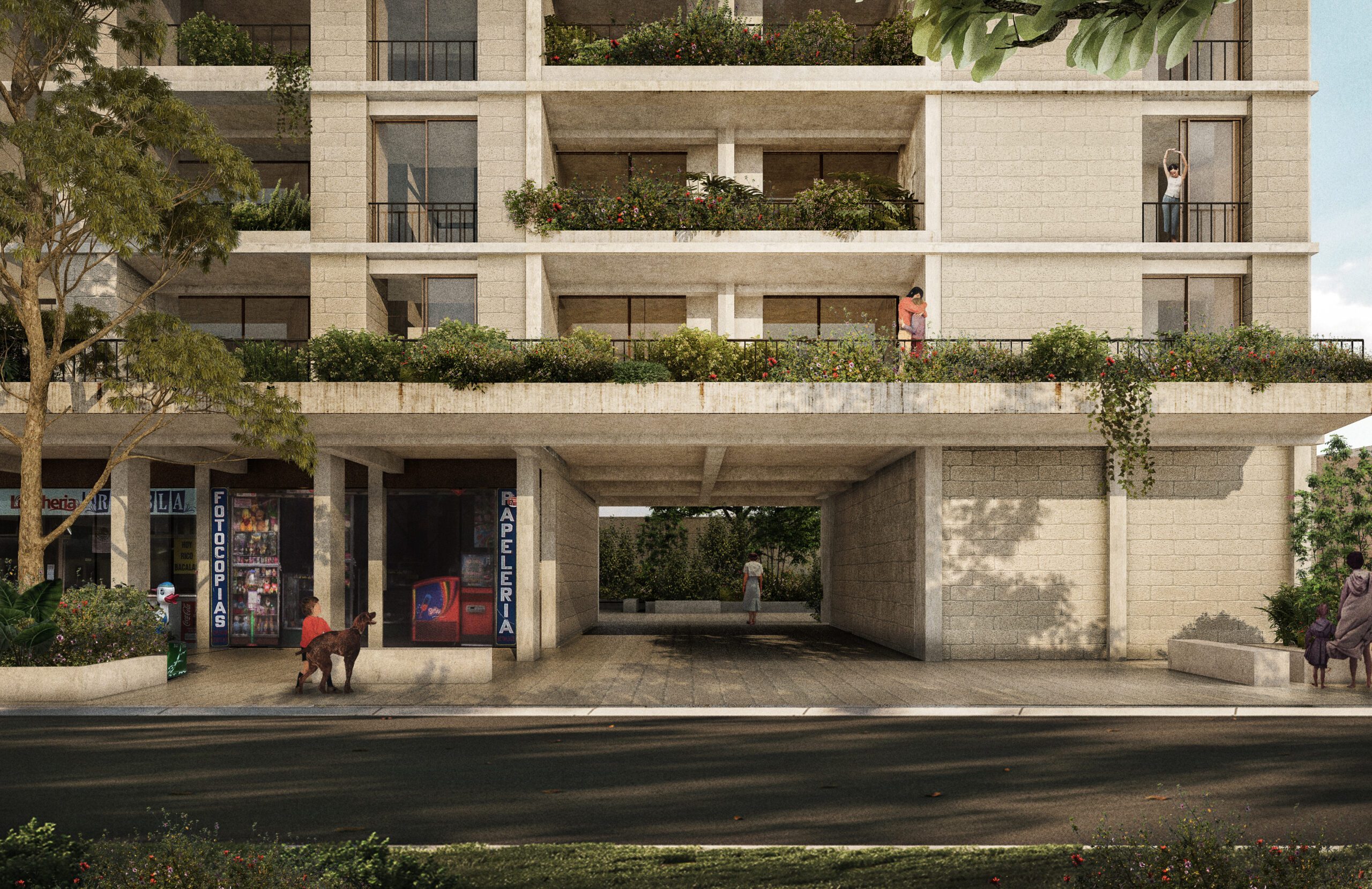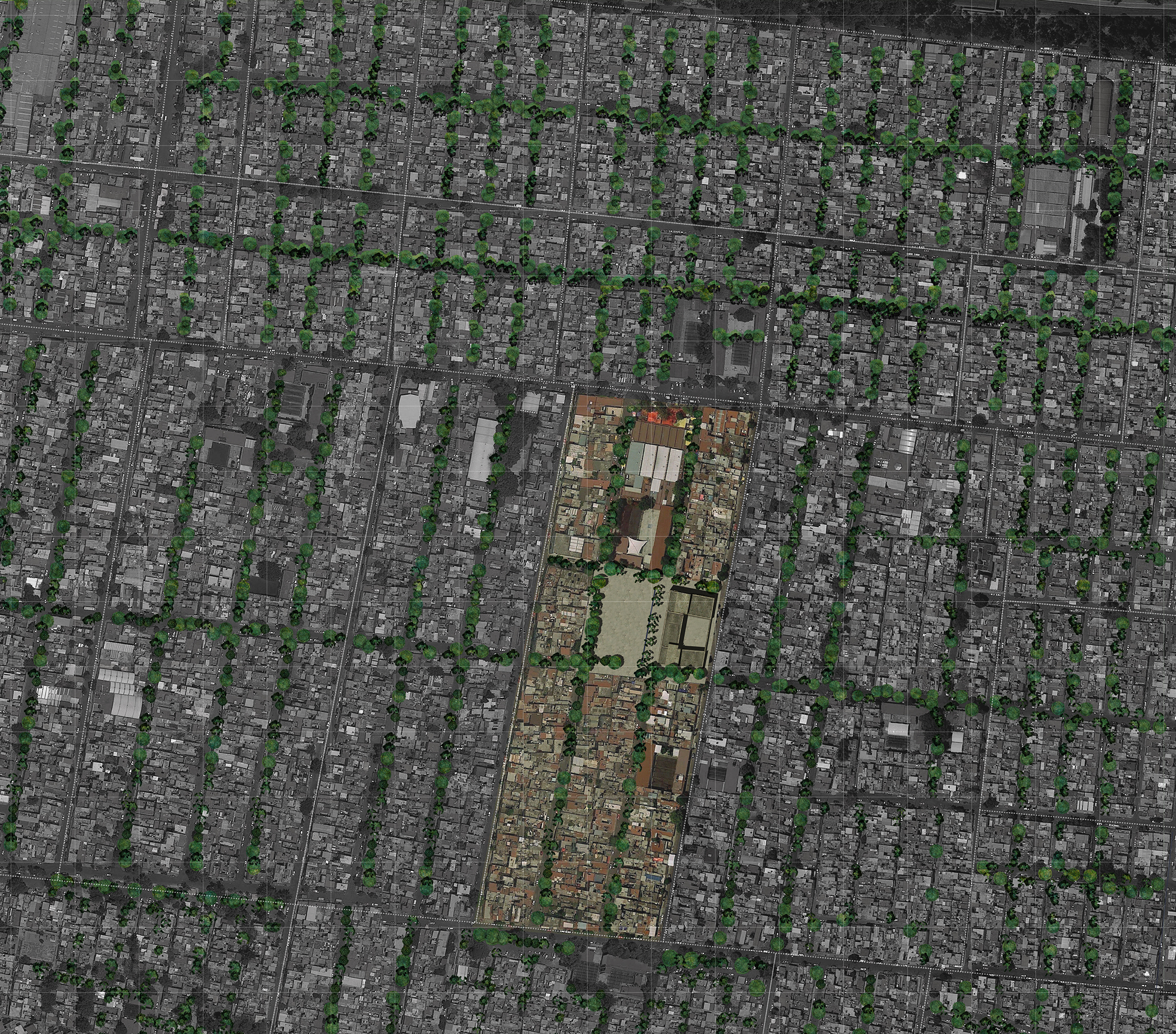Las Casas de Vecindad
2019 –
Location: Mexico City, Mexico
Type: Research – urbanism & urban housing
On-going research into the common place and traditional form of collective living from the 19th and first part of the 20th Century in the historic centre of Mexico City and throughout Latin America.
Las casas de vecindad, the most direct translation of which is neighbourhood houses, provided rudimentary accommodation to much of the lower class workforce in Mexico City based around central patios that formed extensions of the civic space in the city and provided a shared communal space for all the families living in the vecindades.
The small, tightly packed nature of the accommodation was offset by the centralised patio in which daily tasks such as baking, washing, cleaning and child care were carried out communally, easing the workload on the mothers of usually large, multi-generational families. The patios were open during the day, with tradesmen and sellers wandering in to sell their services and goods, making them an extension of the public realm of the city, and were closed at night, creating safe contained spaces within the traditional block form of the centre of Mexico City.
The research project seeks to analyse from an urban, architectural, economic and sociological perspective the significance of this form of urban dwelling. The principles and basic form of the vecindades, varied and repeated in manners that respond to specific site conditions, form a typological reference for contemporary housing – not in the actual conditions of the vecindades themselves – but in the community and activities created through the spatial and hierarchical urban and personal relationships.
